MachineLearning
Latest

DeepMind and Unity will work together on AI research
Alphabet's DeepMind division is partnering with Unity to accelerate machine learning and artificial intelligence (AI) research. The new collaboration will focus on "virtual environments" that DeepMind can use to test and visualize experimental algorithms. Otherwise, little is known about the partnership. Today's announcement is basically a broad agreement, or statement of intent, between the two companies. "I couldn't be more excited to be collaborating with Unity, creating virtual environments for developing and testing the kind of smart, flexible algorithms we need to tackle real-world problems," Demis Hassabis, co-founder and CEO of DeepMind said in a press release light on detail.

Deezer's AI mood detection could lead to smarter song playlists
Astute listeners know that you can't gauge a song's mood solely through the instrumentation or the lyrics, but that's often what AI has been asked to do -- and that's not much help if you're trying to sift through millions of songs to find something melancholic or upbeat Thankfully, Deezer's researchers have found a way to make that AI consider the totality of a song before passing judgment. They've developed a deep learning system that gauges the emotion and intensity of a track by relying on a wide variety of data, not just a single factor like the lyrics.

Google Drive 'Priority' AI monitors your team to surface the right files
Google's 'G Suite' of apps and services has been applying machine learning everywhere over the last couple of years, and the latest update it's testing for Google Drive goes a bit further. Two years ago it launched the machine learning-enhanced Quick Access feature to put files it thinks users need right in front of them before they even start searching. Google said users have reported that feature saves about 50 percent of their time.
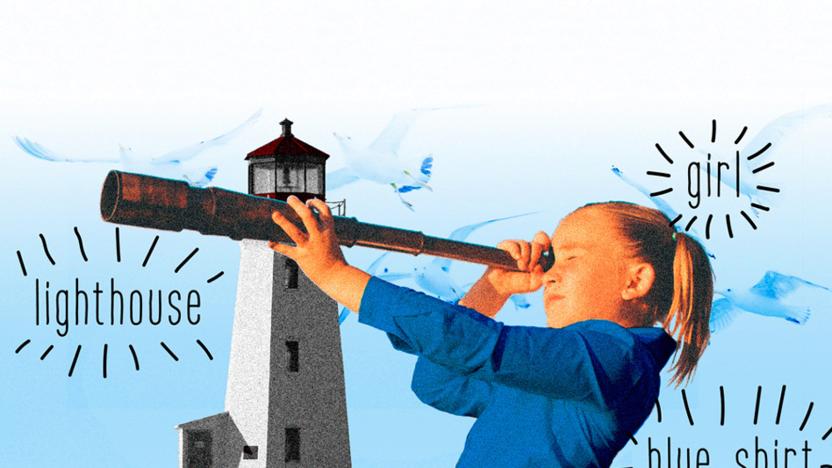
AI can identify objects based on verbal descriptions
Modern speech recognition is clunky and often requires massive amounts of annotations and transcriptions to help understand what you're referencing. There might, however, be a more natural way: teaching the algorithms to recognize things much like you would a child. Scientists have devised a machine learning system that can identify objects in a scene based on their description. Point out a blue shirt in an image, for example, and it can highlight the clothing without any transcriptions involved.
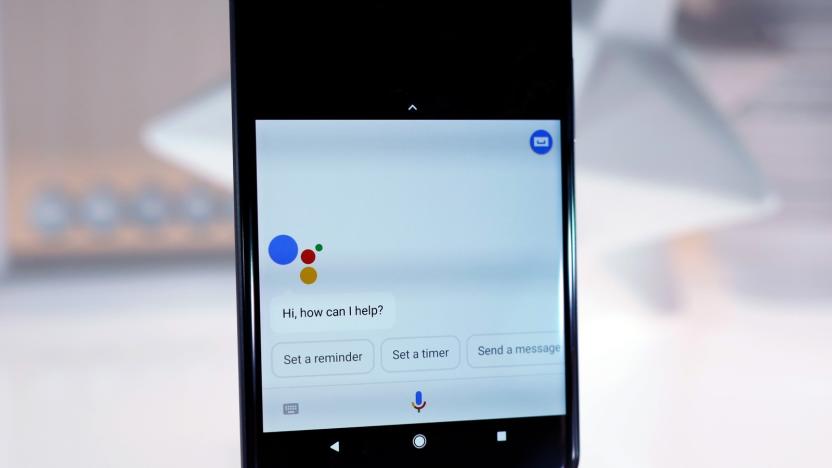
Google brings its AI song recognition to Sound Search
Google's Now Playing song recognition was clever when it premiered late in 2017, but it had its limits. When it premiered on the Pixel 2, for instance, its on-device database could only recognize a relatively small number of songs. Now, however, that same technology is available in the cloud through Sound Search -- and it's considerably more useful if you're tracking down an obscure title. The system still uses a neural network to develop "fingerprints" identifying each song, and uses a combination of algorithms to both whittle down the list of candidates and study those results for a match. However, the scale and quality of that song matching is now much stronger.

Facebook is fact-checking photos and videos to fight fake news
It's no secret that Facebook has been struggling to stop fake news from spreading on its site, though it has indeed made progress since the 2016 US presidential election. Now, as part of its ongoing efforts to fight misinformation, Facebook has announced that its 27 fact-checking partners across the world now have access to a new tool that will analyze pictures and videos. According to Facebook, this feature is powered by machine learning and is designed to help reviewers identify and take action against false content faster.
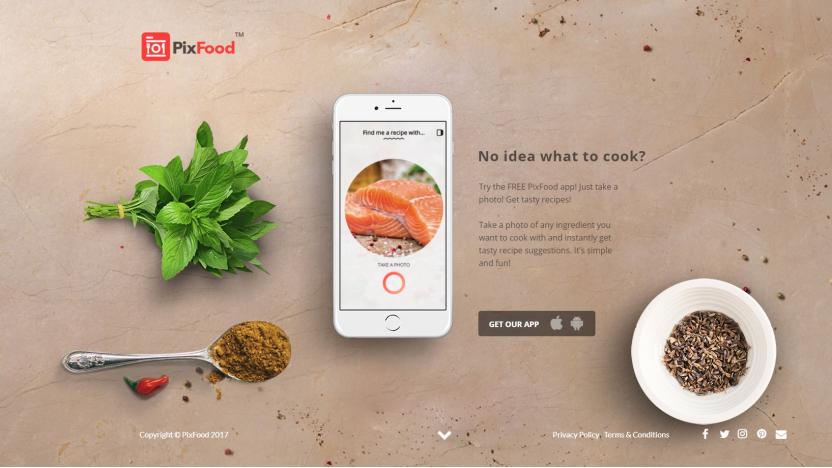
Finally, an app for people who don’t know how to Google ‘salmon recipes’
Imagine: You're trying to make do with whatever's left in your fridge or you've just found a choice (or cheap) cut of meat at the grocery store. You could just Google the ingredient(s) and see what recipes pop up, but that's low-tech thinking for simpler minds. Why not harness the power of machine learning, AI and other buzzwordy tech to do it for you? The new app PixFood promises to do just that: It recognizes a photo of a single ingredient and suggests recipes with step-by-step instructions for your culinary adventures!

Lockheed's drone challenge: create an AI pilot that beats pro racers
While autonomous drones exist, they're not usually what you'd call speedy when many skilled pilots could beat them in a race. Lockheed Martin and the Drone Racing League want to do better. They're launching an AlphaPilot Innovation Challenge that will encourage the public to develop drone AI that can not only race at high speeds, but win. Competitors will have to build an NVIDIA Jetson-based AI system that can swiftly move through the League's Artificial Intelligence Robot Racing circuit.
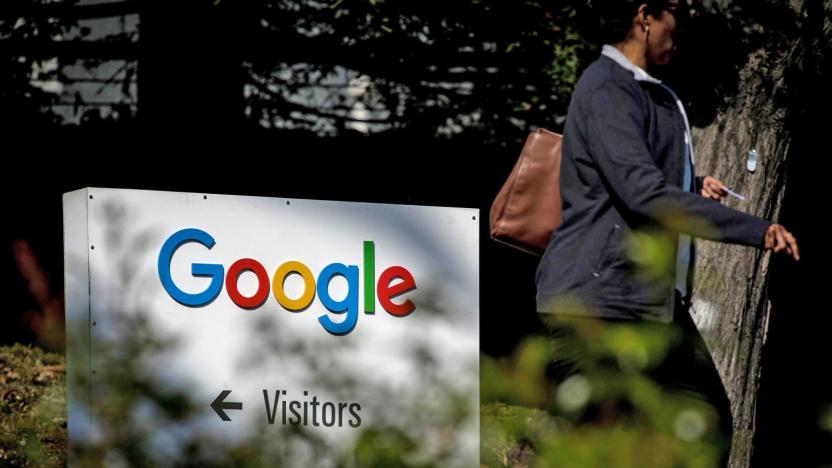
Google offers AI toolkit to report child sex abuse images
Numerous organizations have taken on the noble task of reporting pedophilic images, but it's both technically difficult and emotionally challenging to review vast amounts of the horrific content. Google is promising to make this process easier. It's launching an AI toolkit that helps organizations review vast amounts of child sex abuse material both quickly and while minimizing the need for human inspections. Deep neural networks scan images for abusive content and prioritize the most likely candidates for review. This promises to both dramatically increase the number of responses (700 percent more than before) and reduce the number of people who have to look at the imagery.

AI isn't good enough to beat the best 'Dota 2' players just yet
AI may have beaten the world's best Go player, but Dota 2 pros have shown that in their game, humans are still top of the food chain -- for now, at least. Last week, Dota 2 players from around the world clashed at the biggest tournament of the year, The International, with team OG taking the title and over $11 million in prize money. Arguably more important, though, was the contest of man versus machine(-learning) in a best-of-three exhibition series.
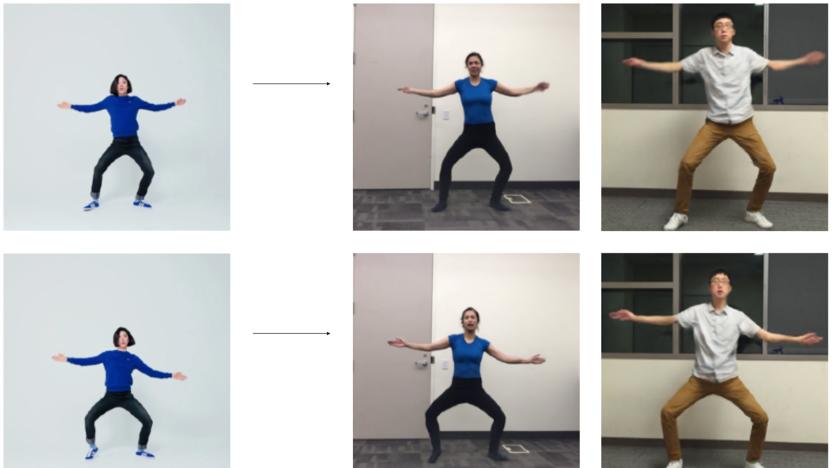
AI-altered video makes it look like you can dance
Can't pop-lock or Lindy Hop to save your life? Don't worry -- AI could soon make it look like you're a dance superstar. UC Berkeley researchers have developed a deep learning system that translates dance moves from a source video to less-than-experienced subjects. One algorithm creates a virtual skeleton to map poses, while two more algorithms square off against each other to both create the full picture and create a more realistic face for subjects as their virtual bodies twirl around. You do need the test subject to move around for a short while to get reference material, but the result is realistic enough to give an amateur the deftness of a ballet dancer.

MIT can secure cloud-based AI without slowing it down
It's rather important to secure cloud-based AI systems, especially when they they use sensitive data like photos or medical records. To date, though, that hasn't been very practical -- encrypting the data can render machine learning systems so slow as to be virtually unusable. MIT thankfully has a solution in the form of GAZELLE, a technology that promises to encrypt convolutional neural networks without a dramatic slowdown. The key was to meld two existing techniques in a way that avoids the usual bottlenecks those methods create.
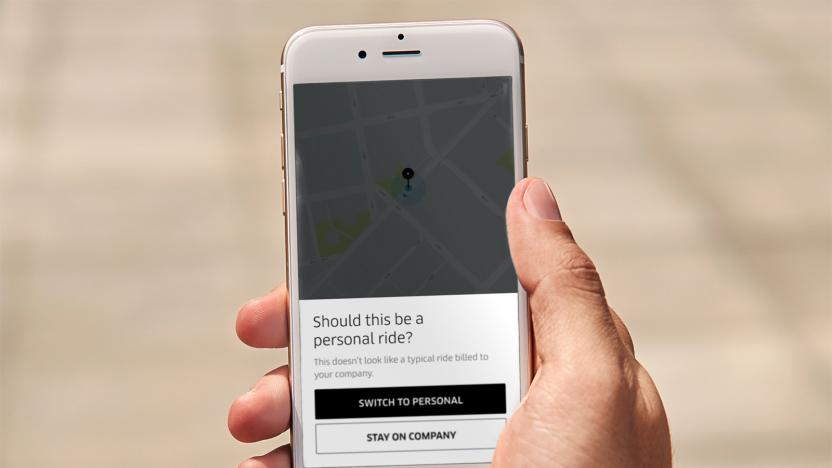
Uber uses AI to determine if your trips are for business or pleasure
If you rely on ridesharing for work trips, you might have experienced that moment of panic where you accidentally expensed a personal trip to your business account, or paid from your own funds to get to the airport for a company flight. Uber thinks it can set your mind at ease by introducing a profile recommendation system that uses machine learning to help you switch between business and personal accounts in its mobile app. The AI technology can detect travel patterns and predict which account you're most likely to need at any given moment. If you usually visit a regional office but have the day off, the app may ask about switching to a personal account when you request a trip to the spa.

AI-driven animations will make your digital avatars come to life
Even with the assistance of automated animation features in modern game-development engines, bringing on-screen avatars to life can be an arduous and time-consuming task. However, a recent string of advancements in AI could soon help drastically reduce the number of hours needed to create realistic character movements.
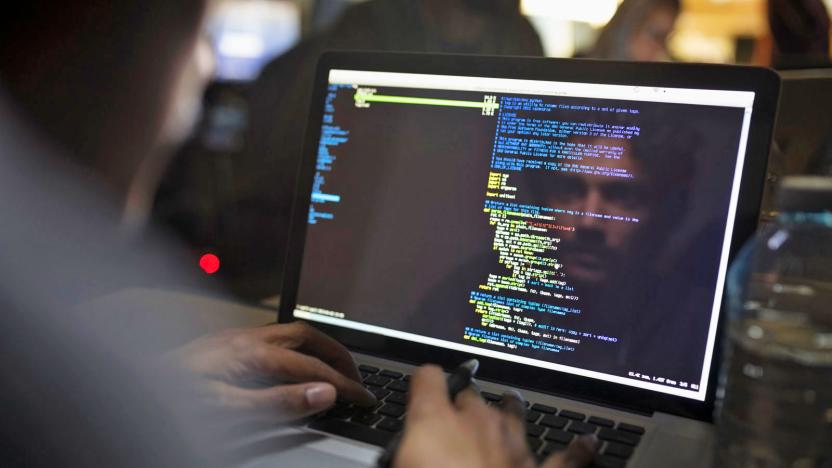
Machine learning can 'fingerprint' programmers
Programmers tend to have their own distinct styles, but it's not really feasible to pore over many lines of code looking for telltale cues about a program's author. Now, that might not be necessary. Researchers have developed a machine learning system that can 'de-anonymize' programmers, whether it's through raw source code or compiled binaries. As explained to Wired, the approach trains an algorithm to recognize a programmer's coding structure based on examples of their work, and uses those to pinpoint common traits in code samples. You don't need large chunks of a given program, either -- short snippets are often enough.

Firefox experiment suggests articles based on your web history
You can already save articles for later viewing in Firefox thanks to Pocket integration. That's not going to help you find articles, however, and it's all too tempting to stick to the same old sites for your reading habits. Mozilla wants you to be a little more adventurous. It's introducing a new Test Pilot experiment, Advance, that recommends stories based on both your current page and recent web history. The extension uses machine learning technology from Laserlike to identify common traits in the trusted sites you visit and offer new pieces in a sidebar. If you've been reading many football articles, for instance, Firefox may suggest a piece about a recent player trade.

‘Dota 2’ veterans steamrolled by AI team in exhibition match
Later this month, the best Dota 2 teams in the world will meet in Vancouver for the biggest tournament of the year, The International. The annual contest consistently boasts the highest prize pool in eSports (it's up to $23.5 million already this year), not to mention the glory that comes with winning the prestigious event. It may not be long, however, before a team of non-human players becomes worthy of such success. This weekend, the all-bot roster of OpenAI Five took on a team of Dota 2 casters and ex-pro players that individually rank amongst some of the best in the world. OpenAI Five won the best-of-three exhibition match convincingly, and the only reason the human team took a game was thanks to a little help from the audience.

Iris scanner AI can tell the difference between the living and the dead
It's possible to use a dead person's fingerprints to unlock a device, but could you get away with exploiting the dead using an iris scanner? Not if a team of Polish researchers have their way. They've developed a machine learning algorithm that can distinguish between the irises of dead and living people with 99 percent accuracy. The scientists trained their AI on a database of iris scans from various times after death (yes, that data exists) as well as samples of hundreds of living irises, and then pitted the system against eyes that hadn't been included in the training process.
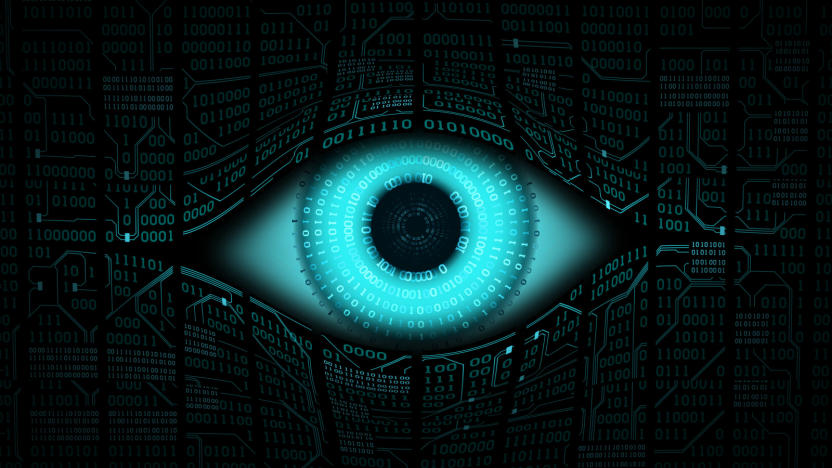
DARPA pushes for AI that can explain its decisions
Companies like to flaunt their use of artificial intelligence to the point where it's virtually meaningless, but the truth is that AI as we know it is still quite dumb. While it can generate useful results, it can't explain why it produced those results in meaningful terms, or adapt to ever-evolving situations. DARPA thinks it can move AI forward, though. It's launching an Artificial Intelligence Exploration program that will invest in new AI concepts, including "third wave" AI with contextual adaptation and an ability to explain its decisions in ways that make sense. If it identified a cat, for instance, it could explain that it detected fur, paws and whiskers in a familiar cat shape.
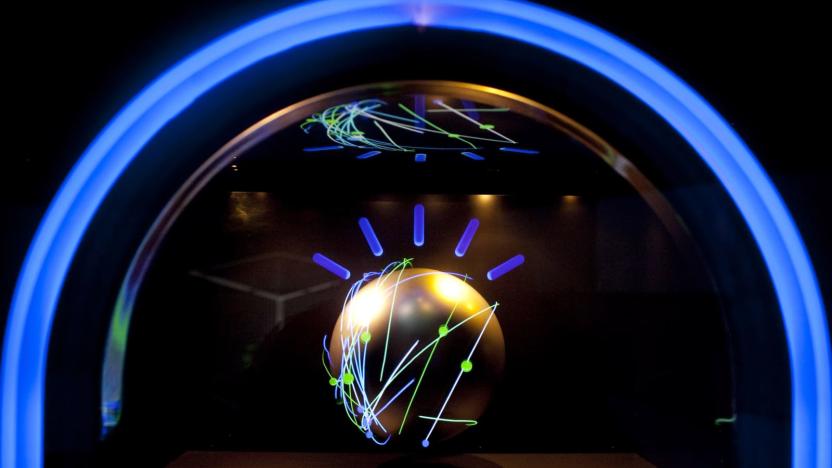
IBM extends deal using Watson to support veterans with cancer
IBM is making further use of Watson in the fight against cancer. The tech giant has extended a team-up with the US Department of Veterans Affairs that taps Watson for help treating soldiers with cancer, particularly stage 4 patients who have few other options. The new alliance runs through "at least" June 2019 and will continue the partnership's existing strategy. Oncologists and pathologists first sequence tumor DNA, and then use Watson's AI to interpret the data and spot mutations that might open up therapeutic choices.






